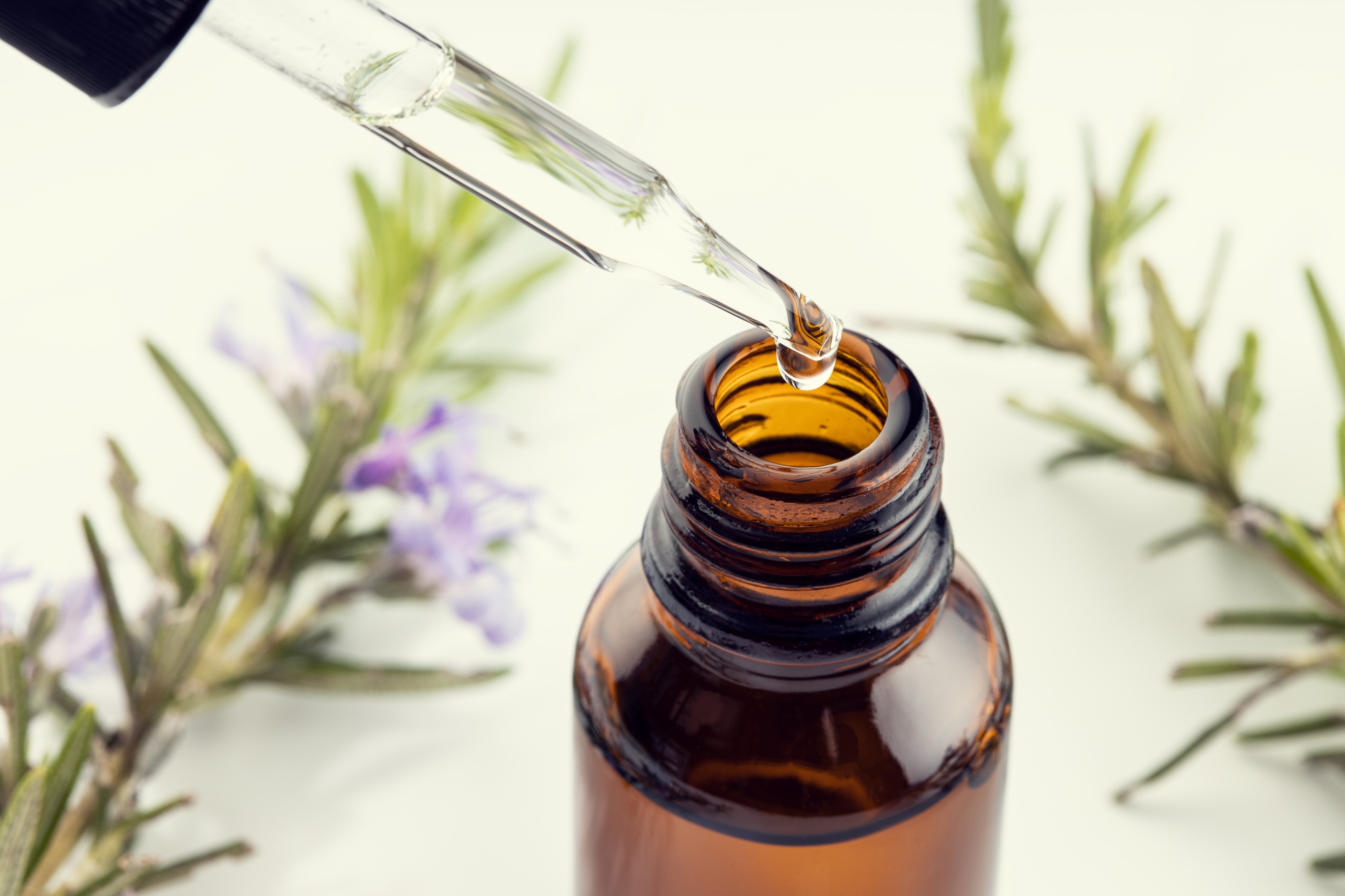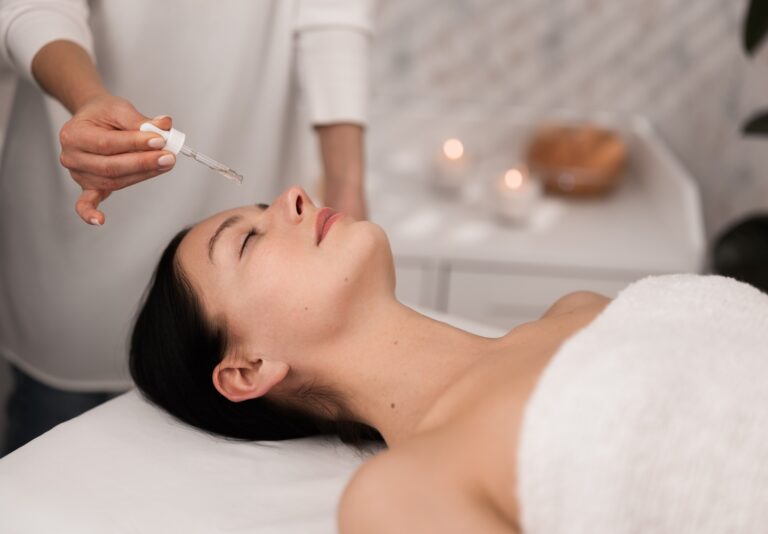Essential Oils and Migraine Relief: Nature’s Powerful Remedy
Ever had one of those migraine days where it feels like Thor himself is pounding away inside your skull? Wish you could whisk him away with a flick of a wand? While I can’t offer you a magic wand, I might just have a solution. Let’s dive into the world of essential oils and see how they might be the game-changing migraine relief you’ve been searching for.
The Marvel of Essential Oils
Essential oils have been nature’s little secret for ages. Remember Grandma’s remedy of peppermint oil for headaches? Turns out, she was onto something. Ever met someone who didn’t have a trusty granny remedy up their sleeve?

- Essential oils are concentrated plant extracts.
- They capture the plant’s scent and flavor, known as its “essence.”
- Used for a plethora of reasons from spa treatments to medical remedies.
But here’s the zinger: Can these fragrant oils really do wonders for migraines?
I remember stumbling into a spa after a long week, hoping for a day of relaxation. Just as I was settling into a massage, a powerful but soothing aroma hit me. I learned it was lavender oil. By the end of the session? My looming migraine had vanished. Coincidence? Maybe. Worth exploring? Definitely. (Learn more of my story with migraines).
Essential Oils and Migraine Relief
Essential oils can offer more than just a pleasant aroma. Remember those days when you’ve been out in the sun too long, and your head feels like it’s about to explode? Imagine having a natural remedy right at your fingertips.
- Lavender: Relaxing and stress-relieving.
- Peppermint: Improves blood flow, reducing headache tension.
- Rosemary: Anti-inflammatory and analgesic properties.
Don’t just take my word for it. There’s some science to back it up!
Dive Into the Science
Research suggests essential oils can indeed be migraine-busters. Intrigued? Let’s keep the geeky jargon to a minimum and break it down.
- Studies show that inhaling lavender can reduce migraine severity.
- Peppermint oil, when applied on the forehead, can reduce headache sensitivity.
- Rosemary oil has proven pain-killing properties.
All without a pill in sight! Who would’ve thought?
Integrating Oils into Your Routine
Looking to weave these oils into your daily routine? Here’s the scoop on how to maximize their potential without turning your bedroom into a makeshift spa.
- Diffuse them: Invest in a diffuser and let the aroma envelop your space.
- Apply topically: A few drops mixed with carrier oil, such as coconut, can be massaged onto the temples.
- Inhale: Keep a small bottle handy. A whiff during a migraine onset can work wonders.
Remember, gentlemen, it’s all about finding what works best for you.
A Word of Caution
Before diving headfirst into the world of essential oils, remember they’re potent. A little goes a long way.
- Always dilute before applying to the skin.
- Opt for therapeutic-grade oils.
- If pregnant or on medication, consult a professional before use.
Safety first, right?
Wrapping It Up with Aromatic Thoughts
So, are essential oils the silver bullet for migraines? Maybe, maybe not. But they hold promising potential. As you ponder over which oil to start with, consider subscribing to our exclusive email group for more enlightening insights. After all, who doesn’t want to stay a step ahead in the health game?
FAQs:
Why are essential oils considered for migraine relief?
Answer: They have properties like anti-inflammation and pain relief which can help reduce the severity of migraines.
How do I use essential oils safely?
Answer: Always dilute them before application, do a patch test, and consult a professional if unsure.
Which oils are most recommended for migraines?
Answer: Lavender, peppermint, and rosemary are among the top choices.
Can everyone use essential oils?
Answer: Most can, but it’s best to consult with a healthcare provider, especially if pregnant or on medication.
Are there any side effects?
Answer: In rare cases, some people might experience allergies or skin irritations. It’s always best to do a patch test first.
Resources
Clinical Aromatherapy – PMC (nih.gov), American
Headache Society, American
Migraine Foundation, and The
Encyclopedia of Essential Oils

